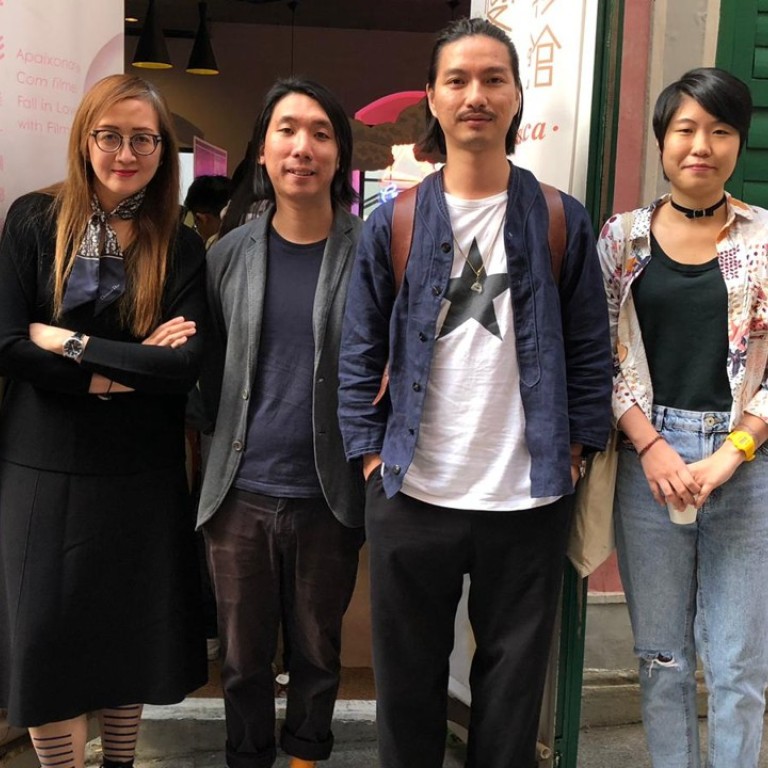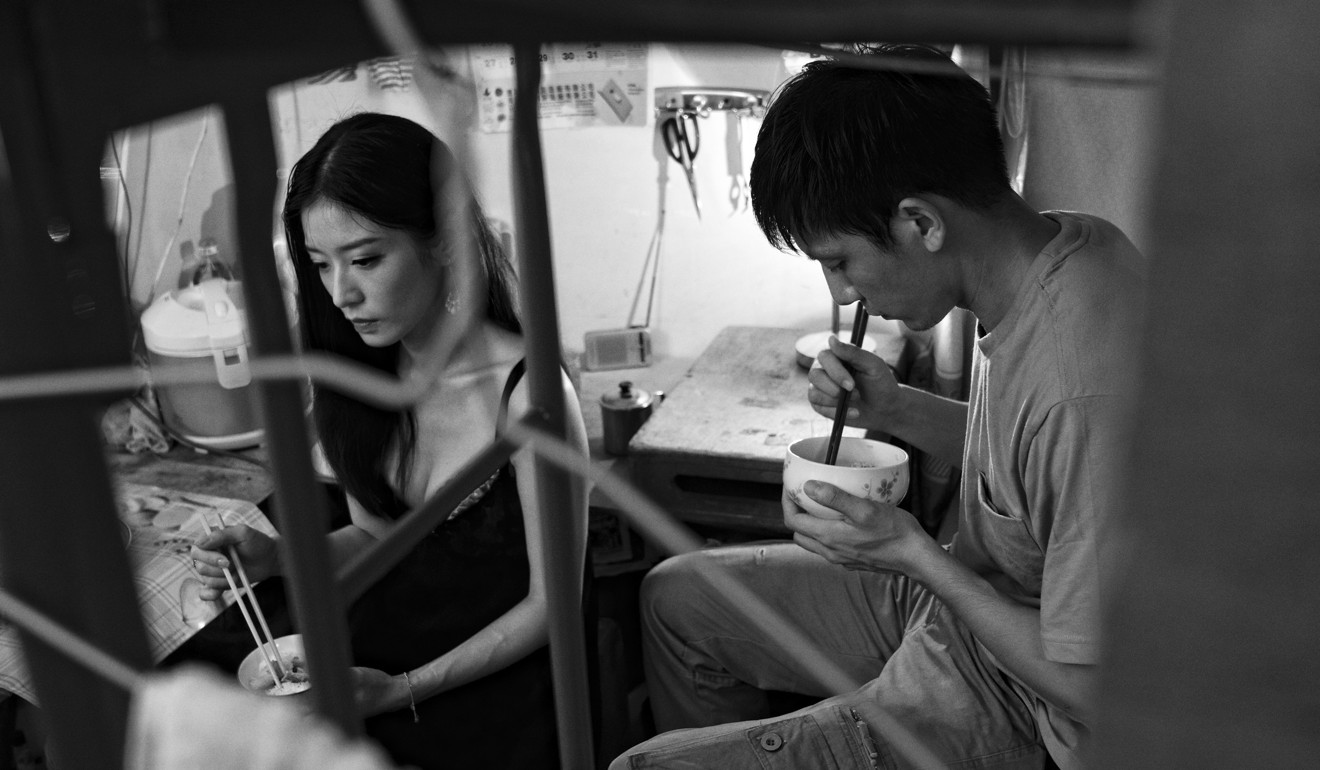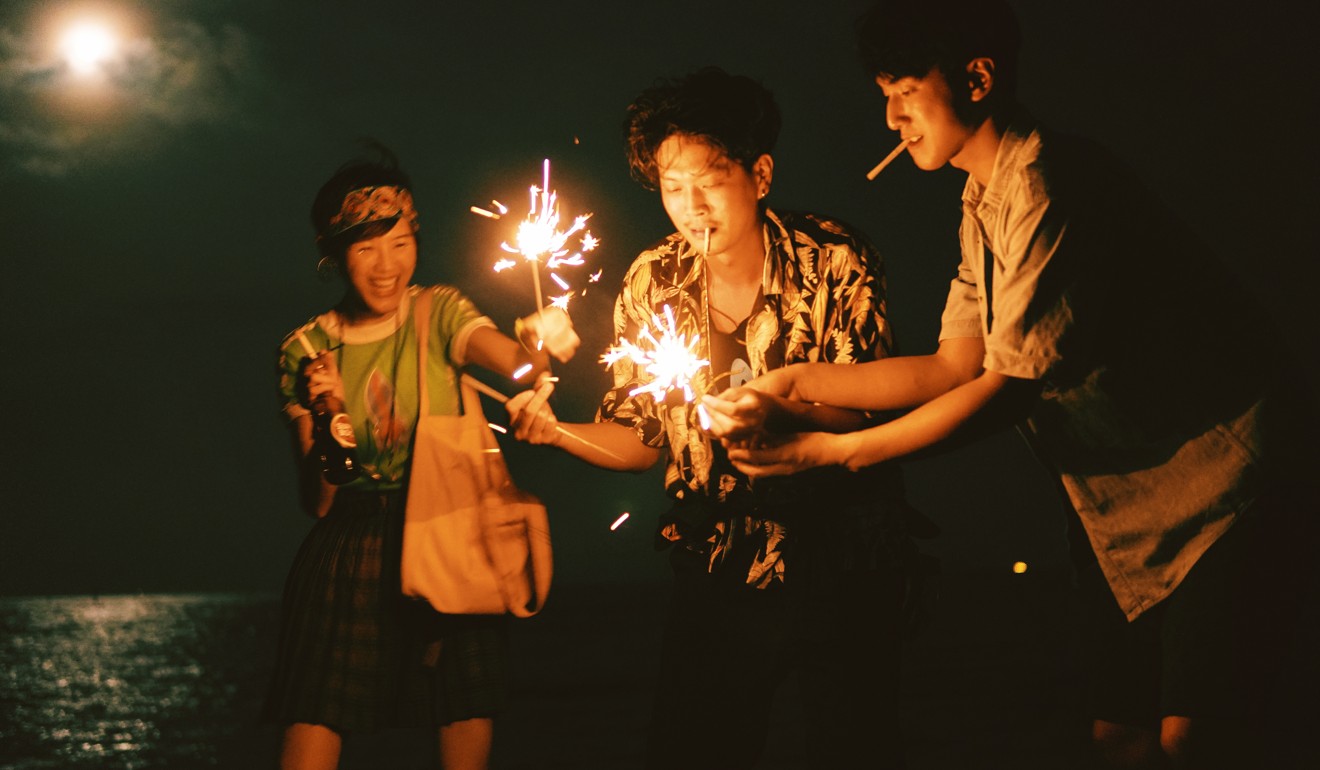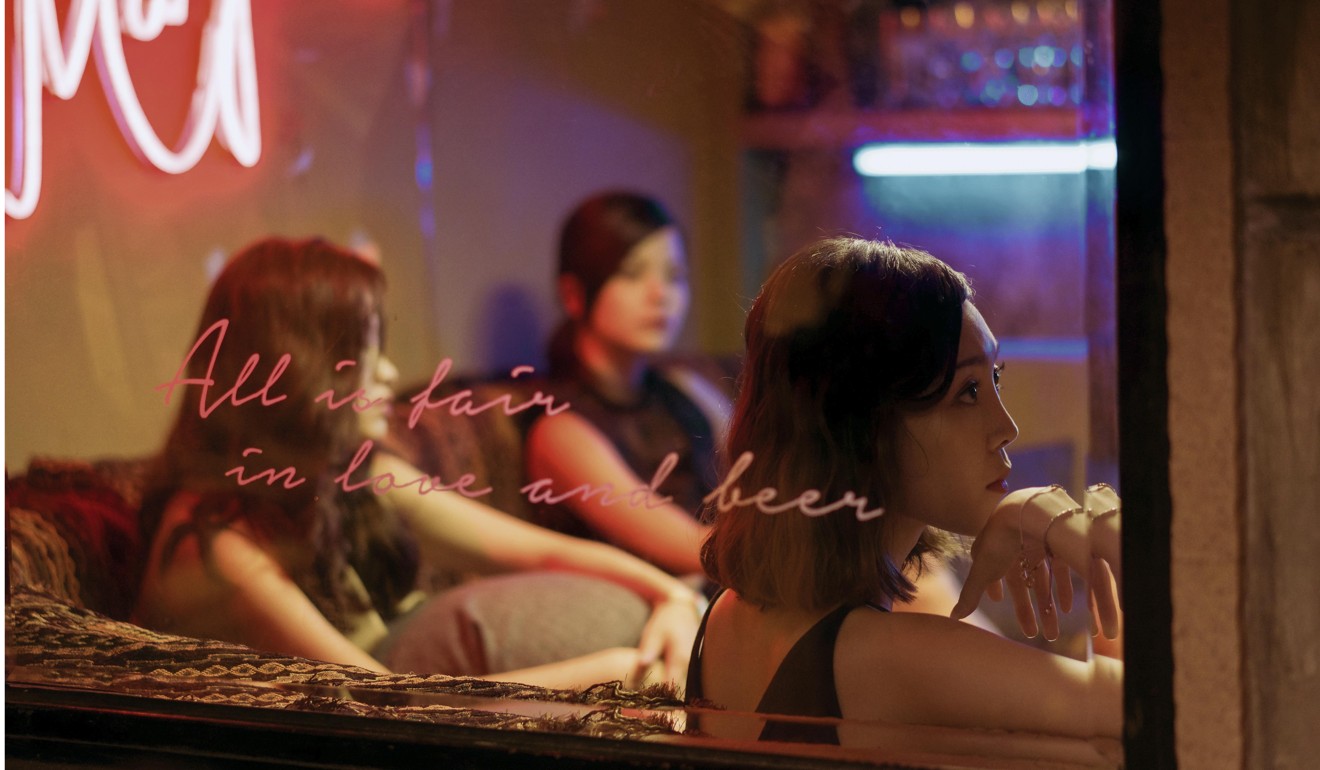
Why Macau’s filmmakers are struggling to make their mark – there is no movie industry to speak of
- The lack of a film industry or schools in the casino hub means new directors have little support, unlike their Chinese or Hong Kong counterparts
A year ago on December 9, Macanese filmmaker Lorence Chan Ka-keong’s debut feature, Passing Rain (2017), had its world premiere at the International Film Festival and Awards Macao (IFFAM). Set in the casino hub, the movie revolves around six characters and was seen as a beacon of hope for the city’s indie cinema scene.
Twelve months on, however, rather than having capitalised on his success – Passing Rain was screened at a festival in Barcelona, Spain, and at the Hong Kong Asian Film Festival recently – Chan has returned to his previous vocation as a graphic designer.
Hong Kong film: from ‘Hollywood of East’ to China’s supporting cast?
“I spent four years on Passing Rain, and it was a struggle throughout,” says Chan, who was at the festival in Hong Kong to present his film and participate in a panel about Macau cinema. “The only thing that sustained me was the desire to create something interesting and fun.”
But creating Passing Rain seems to have removed the fun factor from filmmaking.
Chan had received a grant from the Macau government’s Support Programme for the Production of Feature Films in 2014, but the problem, he explains, was that he had to do nearly everything himself. He was director, producer and production manager, all rolled into one, so rather than focusing on the artistic side, he also had to schedule shoots and arrange the logistics. (Actor Wang Hongwei, who has appeared in almost all of the films of Jia Zhangke, a leading member of China’s “Sixth Generation” filmmaking movement, , came on board as a producer towards the end of production.)
For Chan and his peers in Macau, a city devoid of film schools and with no movie industry to speak of, it has been a steep learning curve.
“There are no professional producers in Macau,” says filmmaker Penny Lam Kin-kuan, founder of the Macao International Documentary Film Festival. “There’s no one who can help us keep track of the possibilities abroad, such as what festivals we could submit our films to or which international funds we could apply for. We do that ourselves by passing information around.”
Mike Ao Ieong Weng-fong – whose short film The Age of Hangover (2018) was screened alongside Lam’s Illegalist (2017) and Peeko Wong Sio-nga’s Gin, Sake and Margarita (2017) at the Hong Kong festival – agrees.
“It’s not just about the actual production side of things,” he says. “We don’t have any full-time curators who know how to push Macau films, or distributors who can work with filmmakers in, say, marketing their movies outside Macau.”

As Macanese filmmakers start gaining recognition, the city is in urgent need of a framework in which young directors can operate, Lam says.
Macau’s Cultural Affairs Bureau provides grants to filmmakers and co-organises an annual film production investment fair in the city with Create Hong Kong and the Guangdong Administration of Press, Publication, Radio, Film and Television. Meanwhile, the Macao Government Tourism Office and the privately run Macau Films and Television Productions and Culture Association are behind IFFAM, the third edition of which runs from December 8 to 14.
These events, however, have yet to yield sustainable, tangible benefits for Macau’s filmmakers. Beyond launching individual projects such as Passing Rain, the subsidies have yet to be matched by a more coherent master plan.

Meanwhile, audiences in Macau have become more receptive to local films, says Rita Wong Yeuk-ying, chief operating officer of Cinematheque Passion, a government-funded institution that screens art-house and alternative fare in a renovated building near the Ruins of St Paul’s, Macau’s most famous landmark.
Wong first worked with home-grown filmmakers when she commissioned pieces for a Macao Cultural Centre programme called Local View Power from 2007 to 2015. Besides funding, the programme facilitated meetings between newcomers and experienced directors from Hong Kong and Portugal.
While Local View Power remains in place, circumstances have changed. Lam says rookie filmmakers began to drift away into better paid jobs such as filming private or corporate events, while experienced directors discovered they could no longer afford to employ technical crews.

“Having attained professional standards in their work, these crews expect a professional price for their services,” he adds. “And it’s much more expensive to make a film in Macau than in Hong Kong.”
After the humbling experience of making Passing Rain, Chan says he is considering going back to basics and making more manageable short films – as he did in 2008, when he contributed a segment to the omnibus movie Macau Stories.
“This is perhaps a way out for independent directors like us, making 15- or 20-minute pieces, which could, hopefully, register with audiences,” he says.

